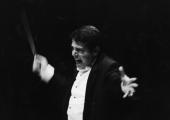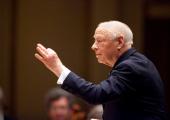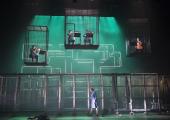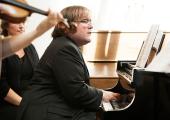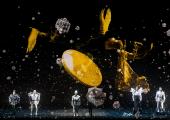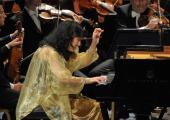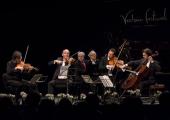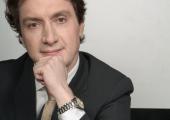Pires, Scottish Chamber Orchestra, Ticciati, Usher Hall, Edinburgh
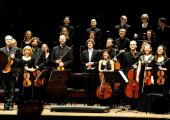
Fresh and horn-rich Beethoven triumphs in 40th birthday celebrations
This is more an excuse for celebration than a review. Six years after the Scottish Chamber Orchestra was founded in 1974 – the birth year we were marking last night – I rolled up in a foggy Edinburgh one February day and chose it as my alma mater on the strength especially of one concert which showed what musical life in the city might be like: trumpeter John Wilbraham playing Bach and Handel with the SCO under Roderick Brydon. I fell in love with the venue, the Queen’s Hall, as much as the orchestra. In 1982 I proudly took on the role of the SCO’s student publicity officer.

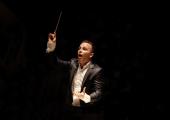
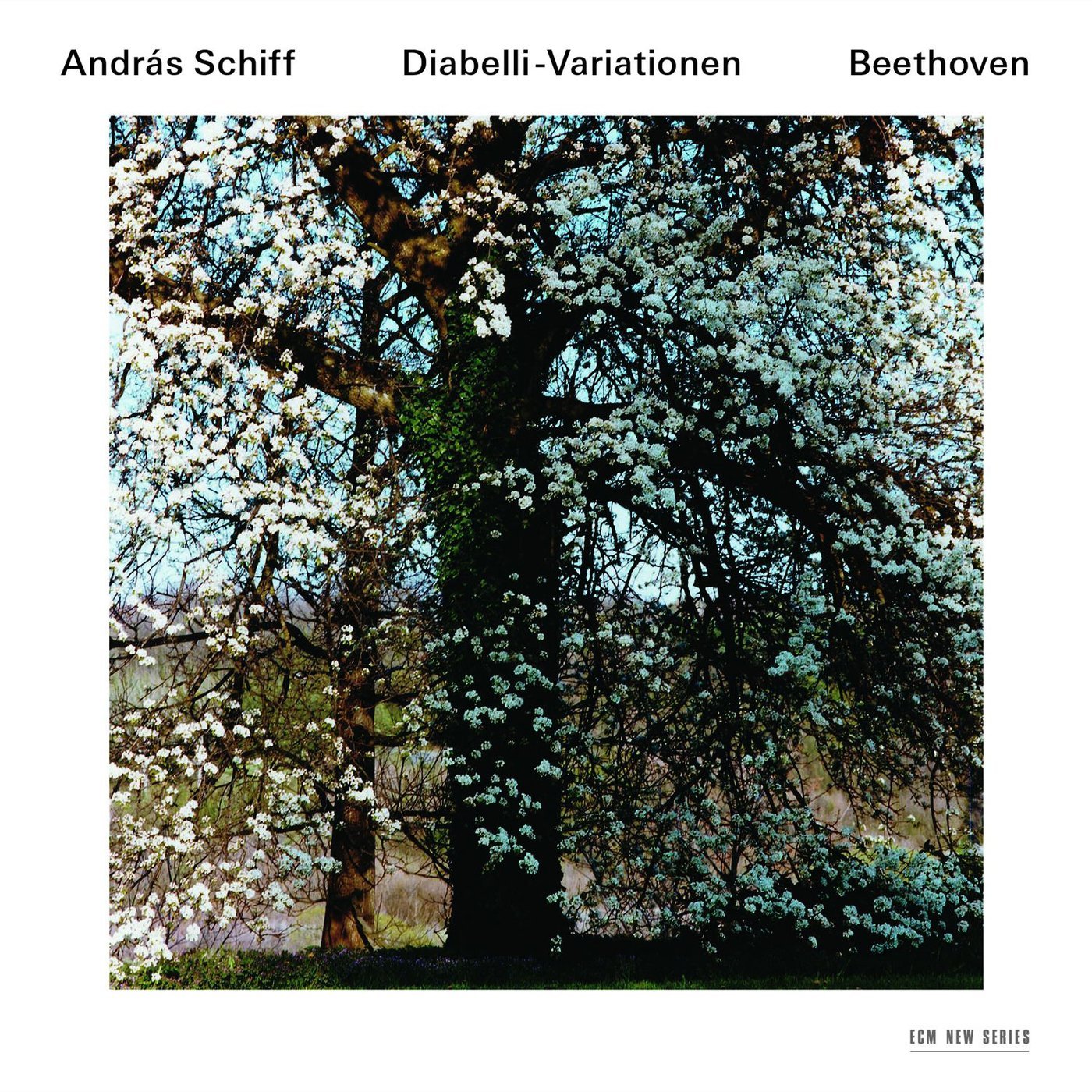 Beethoven: Diabelli Variations, Sonata no 32, Bagatelles András Schiff (piano and fortepiano) (ECM)
Beethoven: Diabelli Variations, Sonata no 32, Bagatelles András Schiff (piano and fortepiano) (ECM)